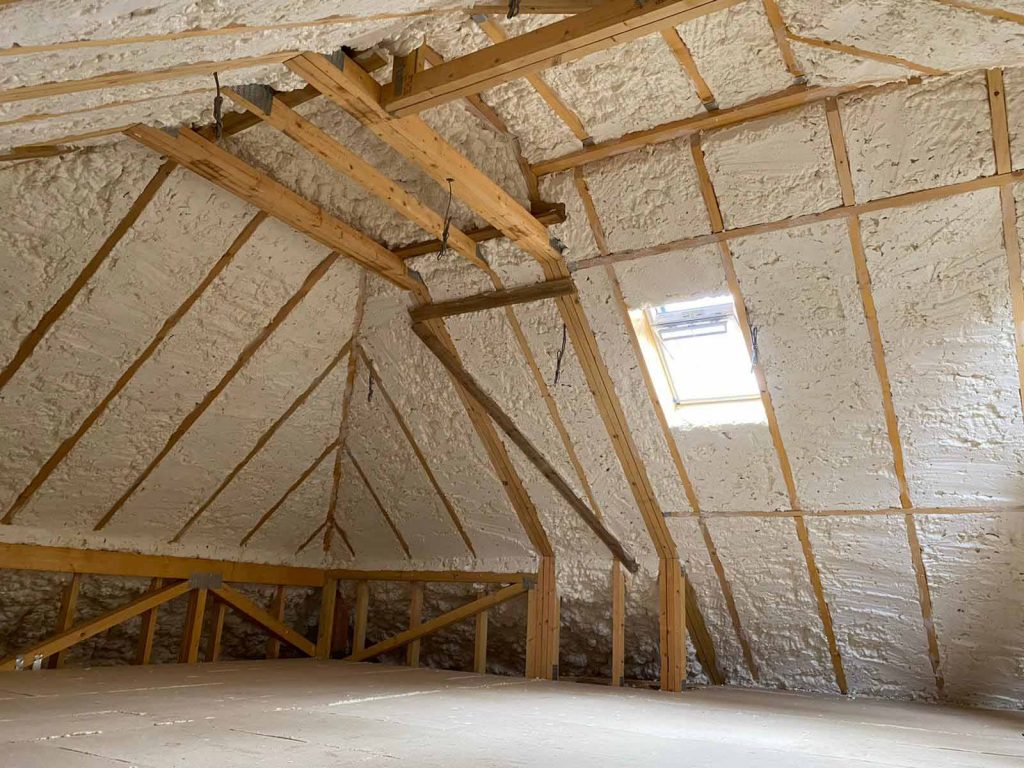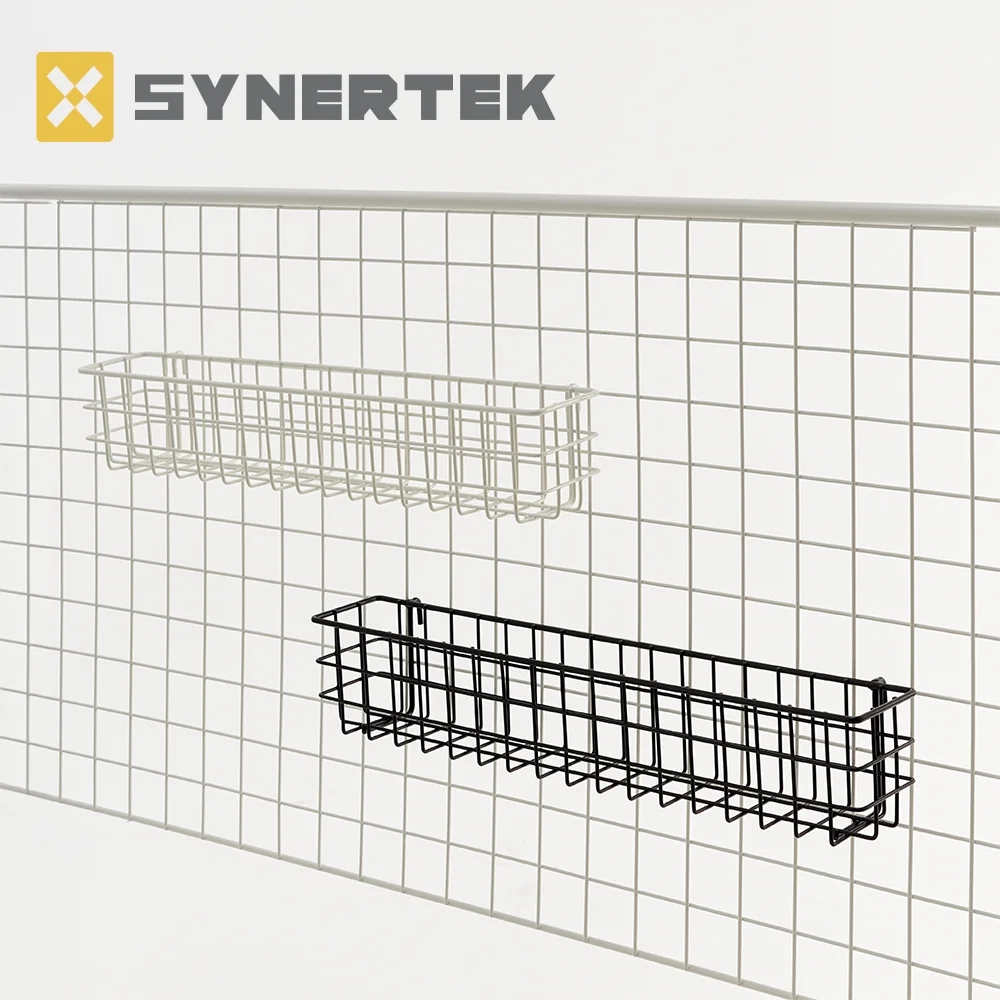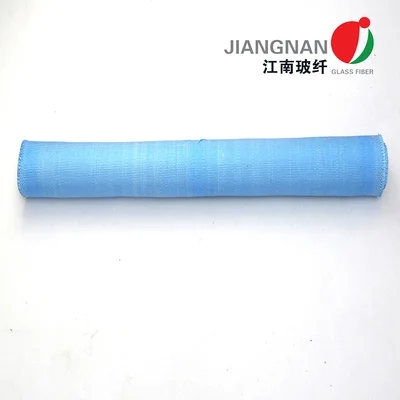
Insulation plays a crucial role in maintaining comfortable indoor temperatures, reducing energy consumption, and enhancing overall energy efficiency. However, with a plethora of insulation materials available in the market, it can be challenging to determine the best material for insulation. In this article, we will delve into the various factors to consider when selecting insulation materials and explore the ultimate solution that meets the highest standards of performance, sustainability, and cost-effectiveness.
- Thermal Conductivity: The Key to Effective Insulation
Thermal conductivity is a critical factor to consider when evaluating insulation materials. It measures how well a material can resist the transfer of heat. The lower the thermal conductivity, the better the insulation performance. Among the various insulation materials, aerogel stands out as the frontrunner due to its exceptional thermal insulation properties. With its nanoporous structure, aerogel effectively traps air molecules, minimizing heat transfer and providing superior insulation. - Environmental Impact: Prioritizing Sustainability
In today's eco-conscious world, sustainability is a paramount consideration. When it comes to insulation materials, natural and recycled options are gaining popularity. One such material is cellulose insulation, made from recycled paper products. Cellulose insulation not only offers excellent thermal performance but also reduces landfill waste and carbon footprint. Additionally, it is treated with fire retardants to ensure safety. - Moisture Resistance: Guarding Against Dampness
Moisture can compromise the effectiveness of insulation and lead to mold growth or structural damage. Closed-cell spray foam insulation, composed of a dense cellular structure, acts as an impermeable barrier against moisture. Its unique composition allows it to expand and fill gaps, providing an airtight seal that prevents moisture infiltration. This type of insulation is particularly suitable for areas prone to high humidity or moisture exposure. - Fire Safety: Protecting Lives and Property
Fire safety is a critical consideration when selecting insulation materials. Mineral wool, also known as rock wool, is a non-combustible material that offers exceptional fire resistance. It can withstand high temperatures and effectively slow down the spread of flames. Mineral wool insulation is commonly used in commercial and industrial buildings where fire safety regulations are stringent. - Cost-effectiveness: Balancing Performance and Budget
While performance is crucial, cost-effectiveness is also a significant factor to consider. Fiberglass insulation, made from fine glass fibers, strikes a balance between affordability and performance. It offers good thermal insulation properties and is widely available at a reasonable cost. Fiberglass insulation is a popular choice for residential applications, where budget considerations often come into play.
Conclusion:
Selecting the best insulation material involves considering multiple factors such as thermal conductivity, environmental impact, moisture resistance, fire safety, and cost-effectiveness. While various materials excel in specific areas, aerogel emerges as the ultimate solution, providing outstanding thermal insulation performance. However, it is essential to evaluate individual requirements and priorities to determine the most suitable insulation material for each unique situation. By making an informed decision, one can achieve optimal energy efficiency, comfort, and sustainability in their living or working spaces.



